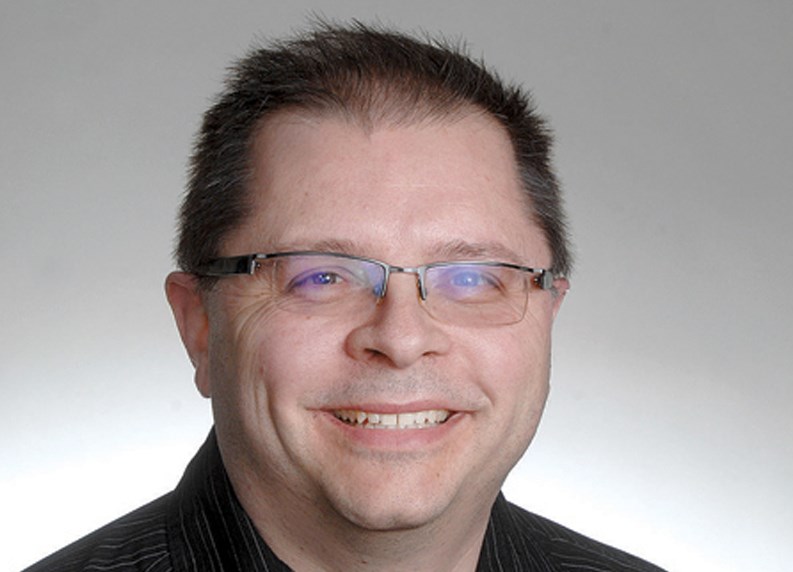Data mining.
Behavioral psychology and economics.
Social media and digital strategies to attract both money and votes.
This is what the B.C. NDP brain trust will be studying in detail during a three-day session starting today in Kamloops.
The NDPForward workshop is where the strategy to make John Horgan victorious over Christy Clark's B.C. Liberals in the provincial election campaign next May will start to take shape .
The speaker list indicates how seriously the NDP is about doing whatever it takes to win.
Sasha Issenberg, author of The Victory Lab: The Secret Science of Winning Campaigns, will talk about the sophisticated marketing techniques now used to identify voters, the issues that draw them to the ballot box and the way those issues need to be framed. The old-school phone rooms and random door-knocking has been replaced by the massive amounts of consumer and online data now available for sale. That data can provide a detailed snapshot of a city, a neighbourhood, a street and individual households. Every time someone uses a credit card, adebit card, a store loyalty card or Google or Facebook, they are contributing more data about themselves and about the broader population.
In his book, Issenberg stresses the science. The hardened political operatives of yesteryear have become as oblivious as the baseball scouts Brad Pitt argues with in the movie Moneyball. Along with sports, politics is now being shaped by economists, psychologists and statisticians. In the political arena, their research has made polling irrelevant because there's no need to ask people what they like anymore. Not only does the data answer more accurately and honestly, behavioral studies have provided the tools to anticipate and even regulate those responses.
Best of all, the people who think they can't be controlled by such techniques are the easiest ones to lure because they refuse to acknowledge the forces nudging their views and framing their perspectives.
Along with Issenberg, Betsy Hoover, the digital director for the 2012 campaign to re-elect Barack Obama, will also be in Kamloops. She will no doubt stress that legacy media (the patronizing term used to describe newspapers, radio and TV) is yesterday's news and the modern political campaign is won on Twitter, Facebook and YouTube.
She's not wrong.
The audiences that the legacy media still attract are smaller, fragmented and, most importantly, somewhat predictable, research has shown. The news coverage they provide is still important but no longer essential. Candidates can now communicate directly to their followers on social media and can buy targeted ad spots to get the attention of specific populations during their Google searches, their YouTube viewing and their time catching up with friends on Facebook or Instagram or Snapchat.
Elections Canada revealed this spring that 57 per cent of young Canadians voted in the 2015 federal election, an 18 per cent increase from the last campaign. The young, charismatic Justin Trudeau helped but so did a message and a marketing campaign specifically designed to appeal to them. There was no patronizing "youth" message because the kids see right through that crap. Young voters care about money, jobs, and the future just like older voters. Both consumers and voters, young and old, want to feel special, want to feel a genuine connection to their product or politician and want to feel their support matters.
In other words, their feelings are paramount. Logic only comes into play after the fact, to justify those feelings. That's how most people make most of their decisions most of the time.
The most important decision facing the B.C. NDP this weekend is whether to adopt these campaign principles. To truly be NDPForward requires more than selling the party's traditional message, rooted in the support of trade unions and social activists, in a new way. It can't be the same old in a new package. It has to be new, in the same way that Trudeau separated himself not just from Stephen Harper and Tom Mulcair, but from Stephane Dion and Michael Ignatieff, too.
If Horgan and his fellow travellers can do that and fully adopt the tactics they'll hear this weekend, they will present a formidable challenge to Clark and the Liberals.



